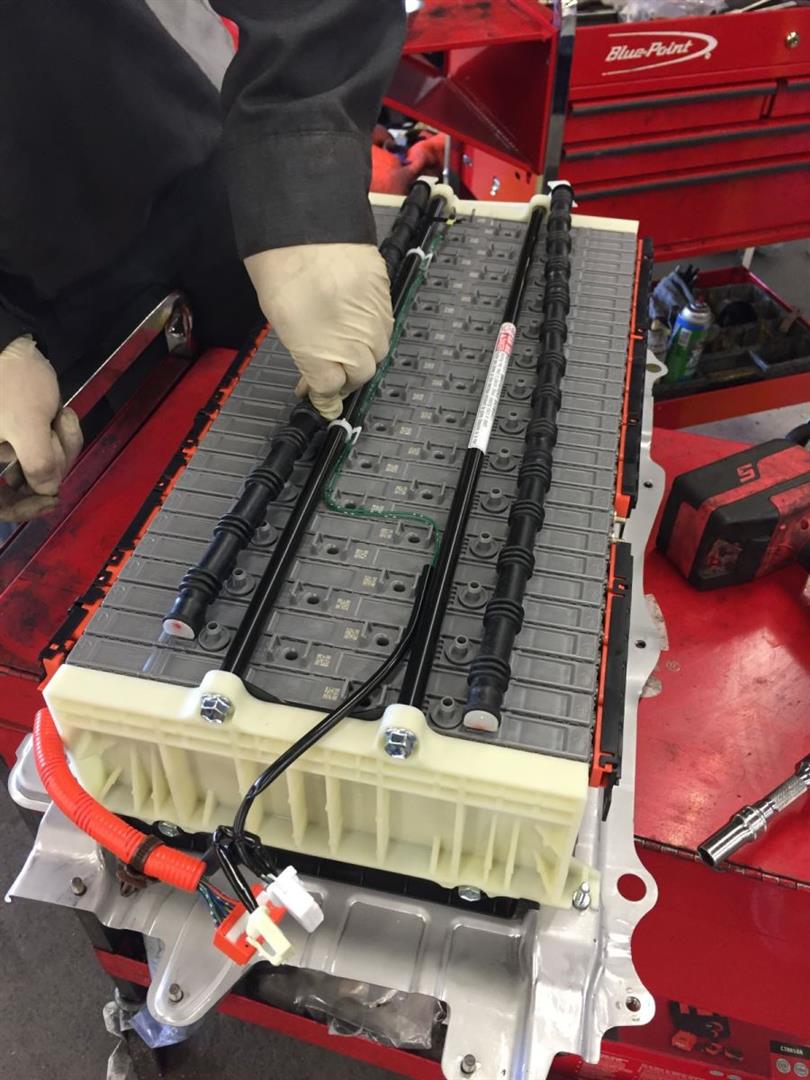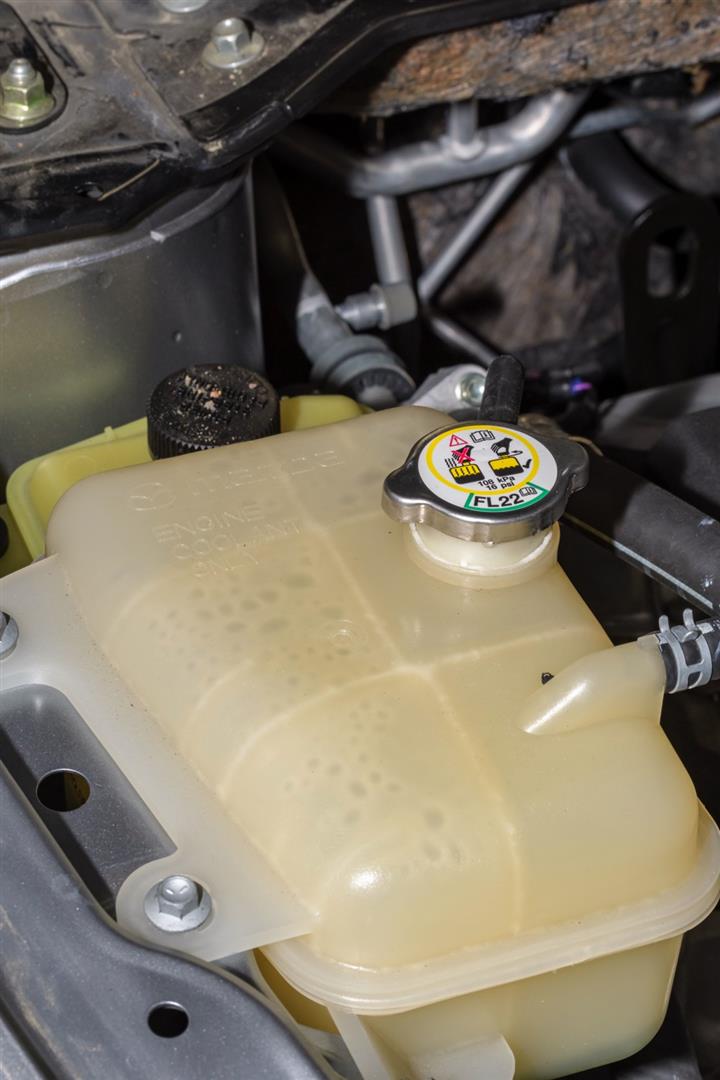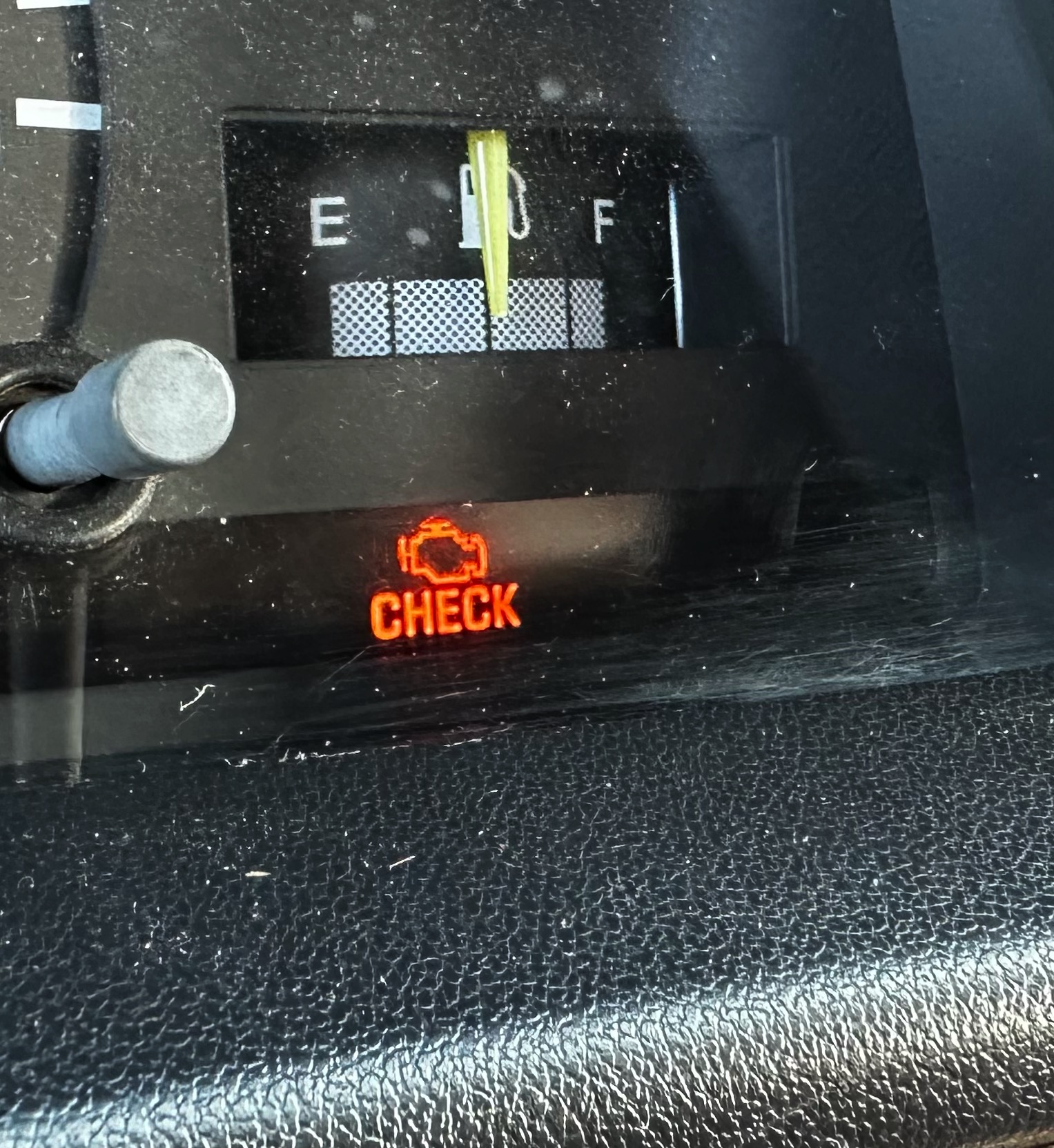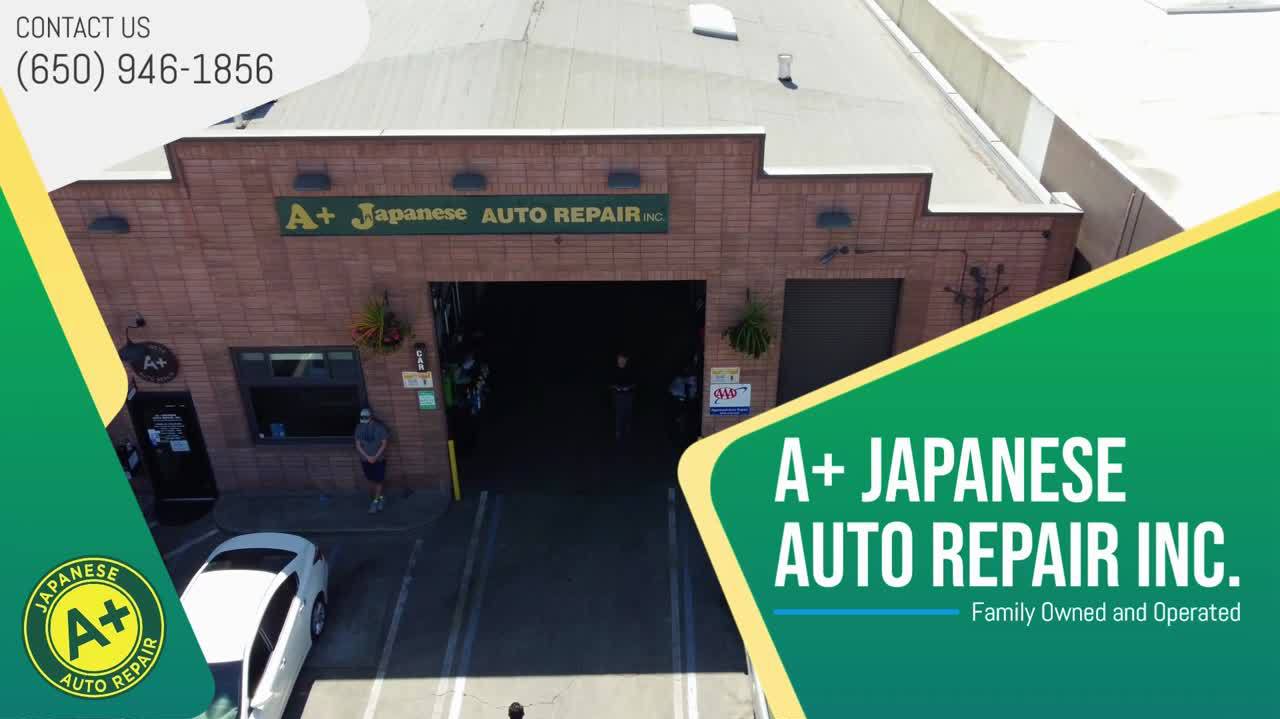Posted on 10/19/2025

Hybrid Vehicle Service & Repair in San Carlos, CA At A+ Japanese Auto Repair in San Carlos, we specialize in hybrid vehicle service and repair — combining advanced factory-level technology, ASE Master Certified technicians, and over 25 years of experience to keep your hybrid running at its best. Whether you drive a Toyota Prius, Lexus RX Hybrid, Honda Insight, or any other Japanese or Asian hybrid, our team has the specialized equipment and training needed to properly diagnose, service, and repair your vehicle. Your Local Hybrid Experts Hybrid vehicles are unique — they combine electric motors, high-voltage batteries, regenerative ... read more
Posted on 5/17/2025

🚗 What Does It Mean If My Car Is Overheating? An overheating engine is one of the most serious warning signs your vehicle can give. It’s a clear indication that the cooling system isn’t working properly, and continuing to drive without addressing the issue can result in catastrophic engine damage. 🚨 Warning Signs Your Car May Be Overheating Overheating doesn't always mean you'll see smoke billowing from under your hood—though that can happen. Here are several early indicators: The temperature gauge suddenly spikes into the red zone. You see steam or smoke coming from the engine bay. The engine smells hot or has a “burning” odor. A dashboard warning light (often shaped like a thermometer) turns on. Reduced engine performance or strange noises. If you notice any of these signs, pull over safely and shut off the engine immediately. Continuing to drive can lead to a blown head gasket or even tot ... read more
Posted on 5/4/2025

Why Is My Check Engine Light On? Understanding What Your Car Is Trying to Tell You If your check engine light suddenly turns on, you’re not alone—and you’re not wrong to feel a little anxious. For many drivers, this glowing indicator on the dashboard triggers a sense of dread. What does it mean? Is the car safe to drive? Will it cost hundreds—or even thousands—of dollars to fix? While these concerns are valid, the important thing to remember is that the check engine light isn’t something to ignore. Even if your car appears to be running just fine, this warning light is your vehicle’s way of saying: “Something isn’t right under the hood.” At A+ Japanese Auto Repair in San Carlos, CA, we’re here to demystify this dashboard signal, explain why it happens, and show you how we can help resolve the issue quickly and efficiently. What Is the Check Engine Light? The check engine light—also known as the malfunction indic ... read more
Posted on 4/20/2025

🚗 10 Things to Check on Your Car Before a Road Trip From A+ Japanese Auto Repair | San Carlos, CA Planning a road trip? Before you hit the open road, make sure your car is ready for the journey ahead. At A+ Japanese Auto Repair, we’ve helped thousands of Bay Area drivers stay safe on the road—and we know exactly what can go wrong if your car isn’t road-trip ready. Here’s a quick and easy 10-point checklist to help you prepare your vehicle and avoid unexpected breakdowns. 1. ✅ Check Engine Oil Make sure your oil is clean and at the proper level. If it’s been a while since your last oil change, do it before your trip. 🔧 Pro Tip: Dirty oil = engine wear. Come see us for a quick oil service! 2. ✅ Inspect All Fluids ... read more
Posted on 4/6/2025

How Tariffs Could Affect the Cost of Your Auto Repairs At A+ Japanese Auto Repair, we believe in keeping our customers informed—not just about their vehicles, but also about the bigger picture that could impact their wallets. One topic that’s been making headlines lately is tariffs—especially on imported goods—and it’s something that could influence the future cost of auto repairs. So what are tariffs, and why should you care? Let’s break it down. 🚗 What Are Tariffs? Tariffs are taxes imposed by the government on imported goods. When countries add tariffs to products from other nations, it makes those products more expensive to import. While this is often done to encourage buying domestic products, it can also raise the prices on goods we rely on—like auto parts. 🧰 How Do Tariffs Affect Auto Repairs? Many car parts used in repairs—such as brakes, engines, transmissions, electronics, and even body panels—are manufactured overse ... read more
Posted on 4/1/2025
Are Your Windshield Wipers Failing You? Signs You Need New Wipers Now When was the last time you replaced your windshield wipers? If you can’t remember, it might be time for a change. Wipers are your first line of defense against rain, dirt, and debris, ensuring you have a clear view of the road ahead. But over time, they wear out—often without you even noticing. If your wipers are streaking, skipping, or squeaking, they’re not doing their job. Poor visibility due to worn wiper blades can put you at risk, especially during spring showers or sudden downpours. So, how do you know when it’s time for a replacement? In this blog, we’ll cover the top signs your wipers need attention, how often you should replace them, and what happens if you ignore them. Plus, we’ll show you how A+ Japanese Auto Repair can help keep your windshield crystal clear and your drives safe. How Do You Know When to Replace Your Windshield Wipers? Windshield wi ... read more
Posted on 3/1/2025

When it comes to replacing your car’s exhaust system, you’re often faced with two choices: Original Equipment Manufacturer (OEM) parts or aftermarket alternatives. Both options have their pros and cons, but which one is the best choice for your vehicle? In this blog, we’ll compare OEM and aftermarket exhaust systems to help you make an informed decision. What Is an OEM Exhaust System? OEM parts are made by the vehicle’s manufacturer or a contracted supplier. These exhaust systems are designed to match your car’s original specifications, ensuring a perfect fit and maintaining the vehicle’s performance as it was intended. Choosing an OEM exhaust guarantees compatibility and a hassle-free installation. What Is an Aftermarket Exhaust System? Aftermarket exhaust systems are produced by third-party manufacturers. These parts may be designed to improve your vehicle’s performance, sound, or even fuel efficiency. Aftermarket systems often come with ... read more
Posted on 2/1/2025

Dashboard warning lights can often leave drivers feeling confused or anxious, especially when they pop up unexpectedly. While some lights indicate minor issues, others require immediate attention. Knowing what these lights mean and how to respond can save you time, money, and potential breakdowns. Below is a checklist of the most common dashboard lights and what you should do when they appear. 1. Check Engine Light The check engine light is one of the most commonly misunderstood dashboard lights. It can indicate a range of issues, from a loose gas cap to serious engine problems. If the light is solid, schedule an appointment as soon as possible to have your vehicle diagnosed. If the light is flashing, pull over immediately and call for assistance—this could indicate a severe engine issue. For a closer look at what could be triggering your check engine light, head over to our blog on engine repair services. 2. Tire Pressu ... read more
Posted on 1/1/2025

Car alignments are one of the most misunderstood aspects of vehicle maintenance. Many drivers overlook their importance, while others fall prey to myths that can end up costing them more in the long run. Let’s set the record straight and debunk some of the most common car alignment myths. Myth 1: If the Car Drives Straight, the Alignment is Fine While it may seem like your car is aligned properly if it drives straight, this isn’t always the case. Alignment issues can exist even when the car appears to drive normally. Misalignment affects tire wear, fuel efficiency, and the overall safety of your vehicle. Don’t wait until your car starts pulling to one side—regular alignment checks are essential for maintaining performance and tire health. You can explore more about our tire services here. Myth 2: Alignments Are Only Necessary After a Collision It’s a common misconception that alignments are only r ... read more
Posted on 12/1/2024

Oil changes and more in San Carlos. For many years, the conventional wisdom has been to change your car's oil every 3,000 miles. This advice has been passed down through generations of drivers. But is this maintenance schedule still relevant today? No, you do not always need to change your oil every 3,000 miles. Advances in engine technology and oil formulations have extended oil change intervals for many vehicles to 5,000, 7,500, or even 10,000 miles. In this blog, we’ll debunk the 3,000-mile myth, explore modern oil change intervals, and provide tips for maintaining your vehicle’s health. If you're interested in scheduling an appointment with us, please visit our schedule page. The Origin of the 3,000-Mile Rule The 3,000-mile oil change rule originated in the mid-20th century when engines and oil formulations were less advanced. Frequent oil changes were necessary to keep engines running smoothly and to prevent buildup of sludge and contaminants. Howeve ... read more